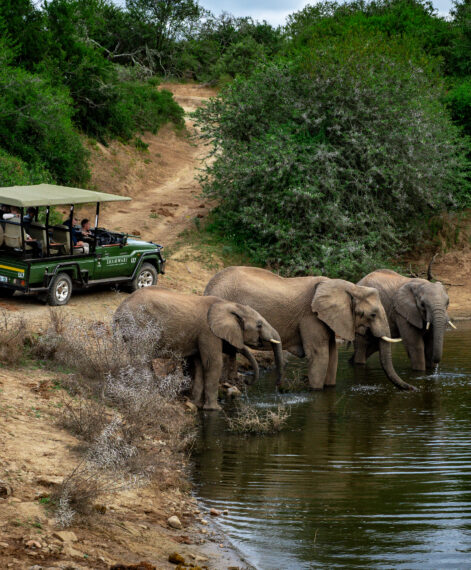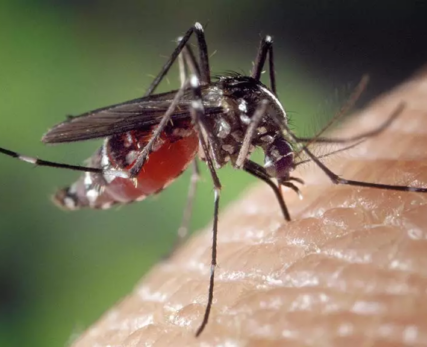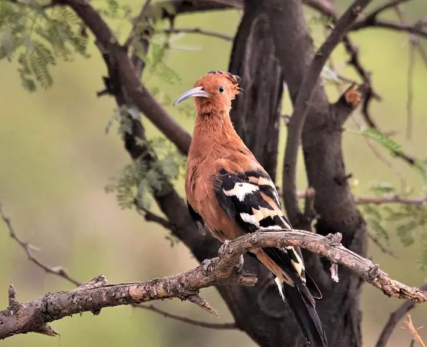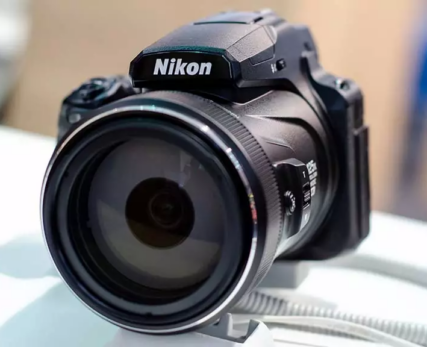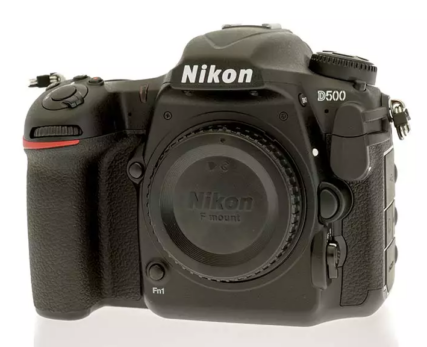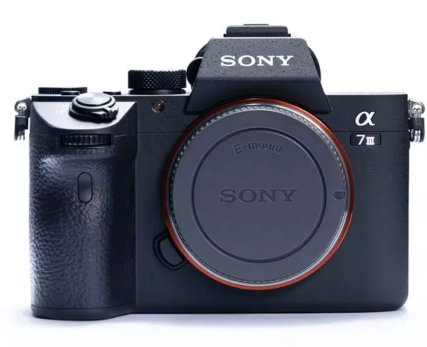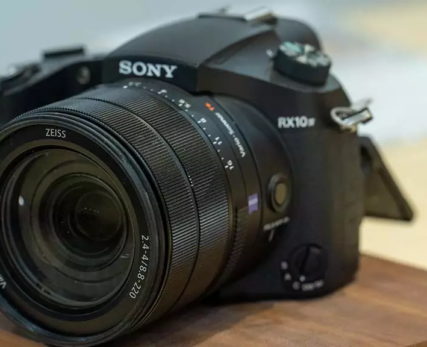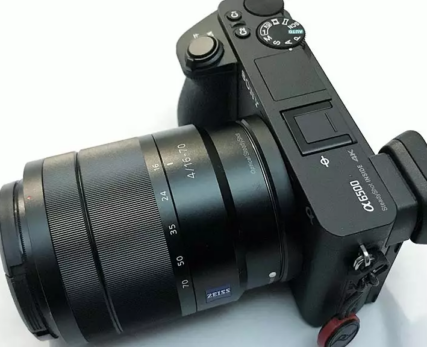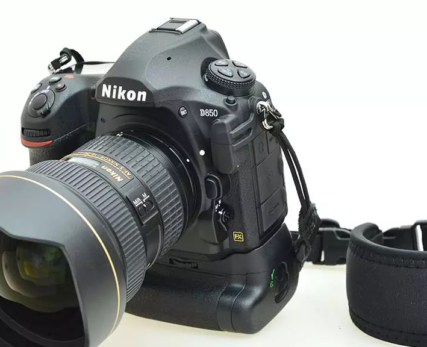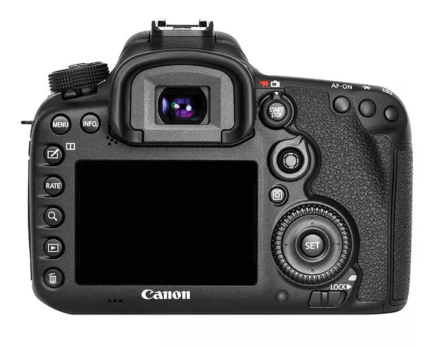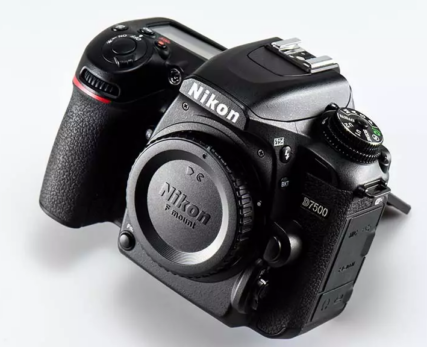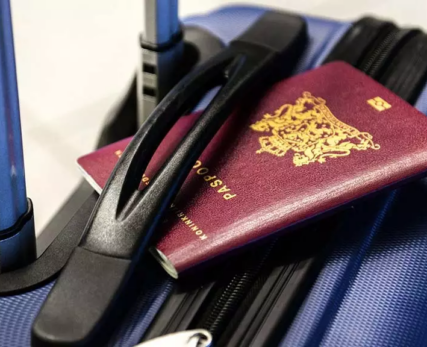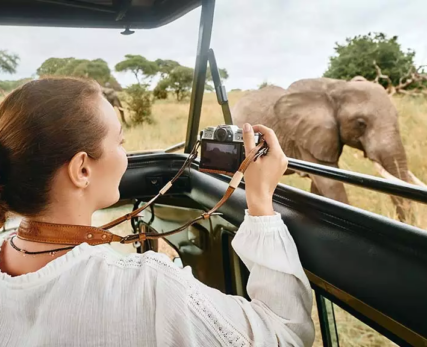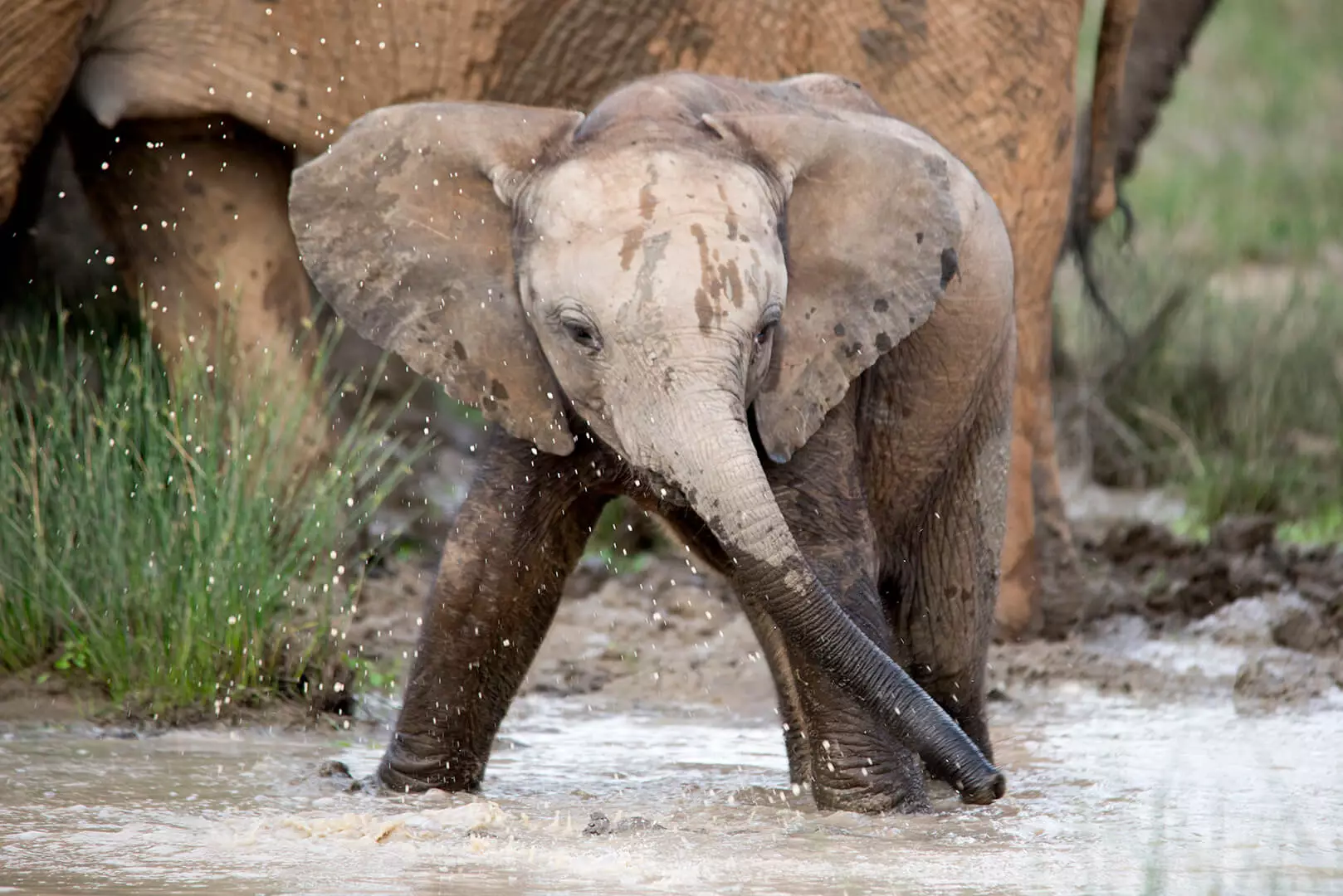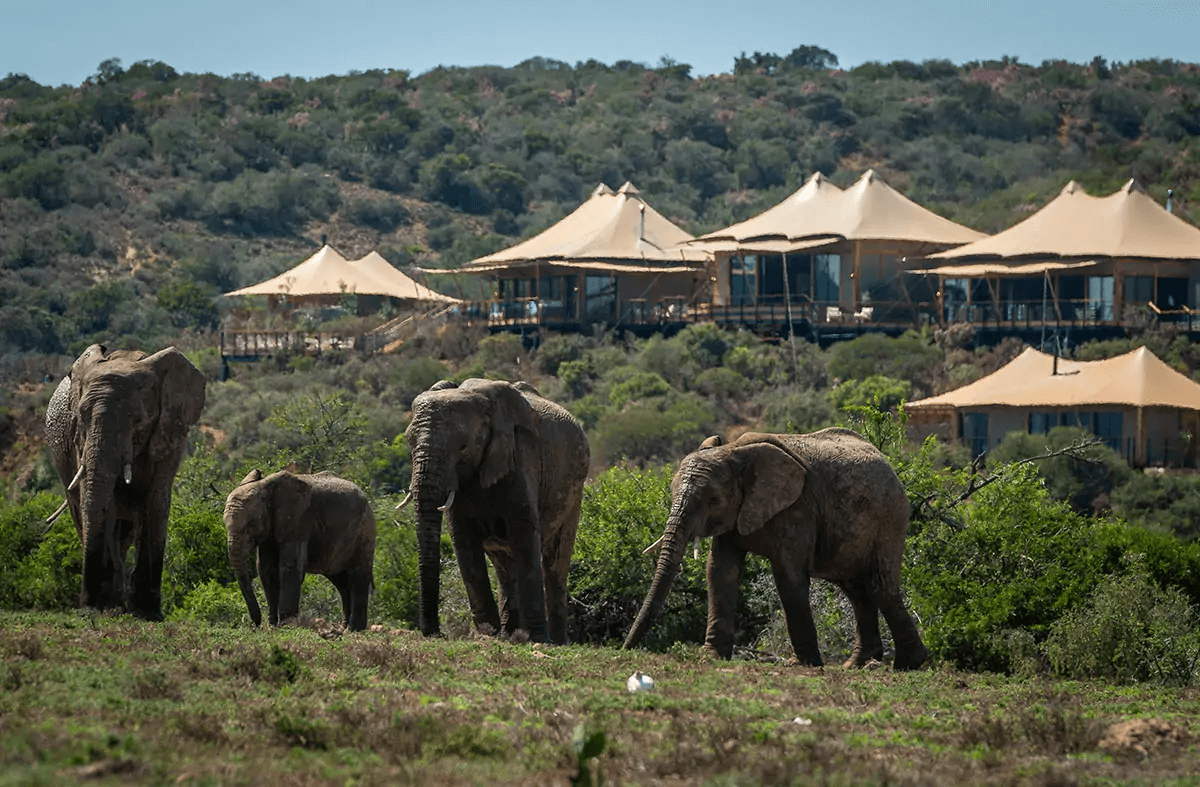Option 1: Insect Repellent Spray
Popular insect repellent sprays include Tabard and Peaceful Sleep. These are the most widely available repellent sprays in South Africa and their prices are reasonable as well.
Tabard Spray
Tabard has been a fan favourite among South Africans for many years. It protects you for up to 8 hours from mosquitoes, fleas, ticks, gnats and sandflies. It’s a great option to take along on your safari game drive.
Peaceful Sleep
Peaceful Sleep is a non-greasy insect repellent spray that protects you against, fleas, flies and mosquitos. This product is resistant to perspiration.
You can buy Tabard or Peaceful Sleep at a local pharmacy near you or head to stores like Pick n Pay, Checkers, Spar or Dis-Chem. Prices range from R30 up to R120, depending on the product you choose. If you are visiting from another country, you can convert costs here.
Option 2: Best Natural Mosquito Repellent
If you prefer to go the natural route, we’ve listed a few natural mosquito repellent options, for your convenience, below:
- Citronella oil (a well-known mosquito repellent)
- Lemon eucalyptus oil
- Lemongrass essential oil
- Tea tree oil
- Peppermint oil
All of these products are available in South African stores like Clicks, Dis-Chem and Pick n Pay.
If you are looking for a natural bug repellent spray or lotion, there are an array of products available for you to choose from both in-store and online. Two stores with an online and physical presence that stocks a variety of natural bug repellent products include Wellness Warehouse and Faithful to Nature.
Please note that we by no means say that these will work for you – it’s merely a list of options. We can’t be held liable for any issues or damages you may experience because of these products.
Option 3: Make Your Own Homemade Insect Repellent
Your third option is to make your own homemade insect repellent. There are many articles out there offering expert advice – all it takes is a quick Google search.
Here are a few simple recipes below, requiring 3 ingredients or less, to help get you started:
- Lemon eucalyptus oil
- Peppermint and coconut oil
- Neem and coconut oil
- Apple cider vinegar and essential oil spray
- Tea tree and coconut oil
- Citronella and alcohol spray
- Cinnamon oil repellent
- Lavender oil, vanilla and lemon juice
- Lemongrass and rosemary essential oils
Wellness Mama also has a great article on how to make your own all-natural homemade bug spray.
If you are travelling to South Africa from another country, please make sure what products/ingredients are allowed into the country beforehand.
If you are worried about malaria, you can set aside those fears right away. The Eastern Cape Province, where Shamwari Private Game Reserve is located, is a very low-risk area.
However, should you want to learn more about the disease, read through this short, yet informative malaria article.
Get the Best Camera for Wildlife Photography
There are thousands of cameras available in the market today. How do you choose and who do you listen to? It can be an overwhelming process if you have no idea what you are looking for.
To make the process a tad easier, the first thing you need to know is that there are three main types of cameras you can use for wildlife photography:
Bridge Cameras
Bridge Cameras are great for beginners as they are easy to use. These cameras do not have complex manual controls and settings.
MirrorlessInterchangeable
Lens Cameras
Mirrorless cameras are great for bird photographers who travel a lot. It’s light and compact with fast shutter speed.
Digital Single Lens Reflex
(DSLR) Cameras
DSLR cameras are for more experienced photographers and they capture beautiful, high-quality photos. These cameras also offer a variety of lens options.
Now that you understand more about the types, let’s move on to some recommendations.
What Is the Best Camera for Birding?
